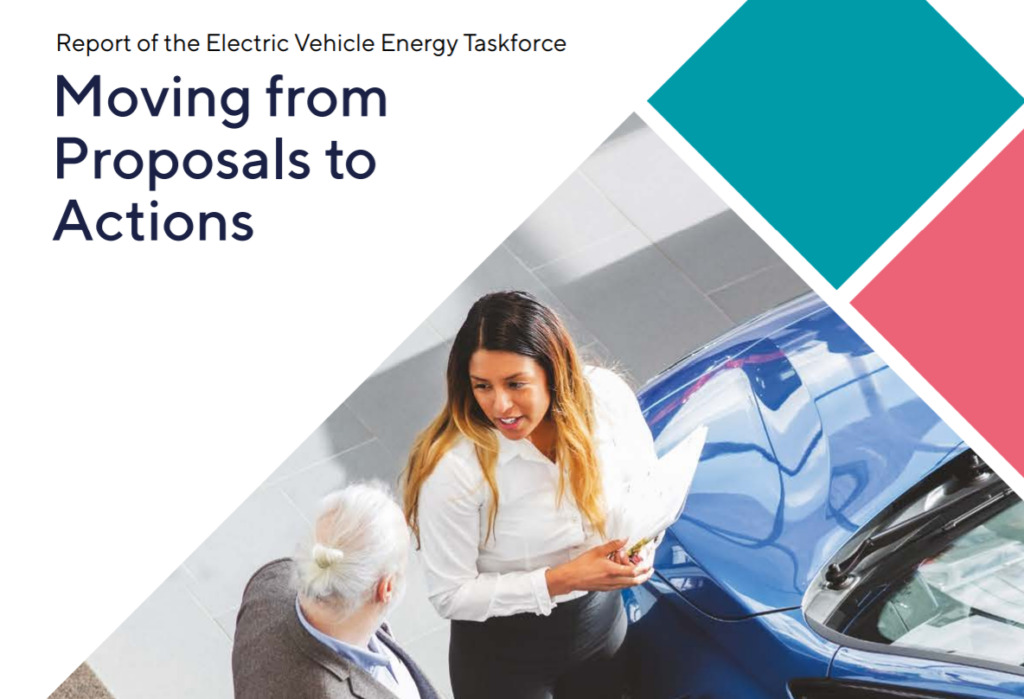The Electric Vehicle Energy Taskforce has reconvened with an aim of turning its proposals for facilitating the transition to EVs into action.
The initial 21 proposals – spanning a wide range of areas such as interoperability, smart charging, and data – were released in January 2020, with the EV Energy Taskforce, which was established by the government in 2018 – bringing together over 350 organisations to create the proposals.
However, as Philip New, chair of the taskforce and chief executive of the Energy Systems Catapult, said at the launch event of the new phase of the taskforce, “there was an appetite to not let the taskforce rest on its laurels and to take things forward”.
The taskforce has therefore published a new report detailing the areas where urgent action is needed among the original proposals, with four new working groups created to take forward these actions.
The four working groups are separated into planning energy and transport, consumer experience, smart charging and cybersecurity and data accessibility and privacy.
Some of the highest priority items identified by the taskforce include enabling smart charging by establishing minimum technical requirements for all smart chargepoints suitable for long duration charging, collating evidence to facilitate effective electricity network investment and support the delivery of high quality public charging by specifying UK-wide best practice for public chargepoint and associated infrastructure planning.
Medium priority actions include the taskforce developing the scope of and identifying a body that will be responsible for industry roaming technology implementation and coordination as well as a body to evaluate the best practice ways of making smart charging the norm.
Many of the initial proposals – and subsequent actions – were directed towards the government. Speaking at the launch event, energy minister Kwasi Kwarteng said that the government knows “there is still a way to go”, adding that in particular “we know we have to do more to incentivise smart charging”.
He described emissions from transport as remaining “stubbornly high”, but did say that there is now a “revolutionary shift in road transport” occurring with EVs now starting to “play their part in the mass market”.
Kwarteng also pointed to successes such as the Rapid Charging Fund and the consultation on the bringing forward of the phase out date for internal combustion vehicles.
He said that the government is “very much in listening mode”, with it being “very important in this transition that the government is open to ideas”.





